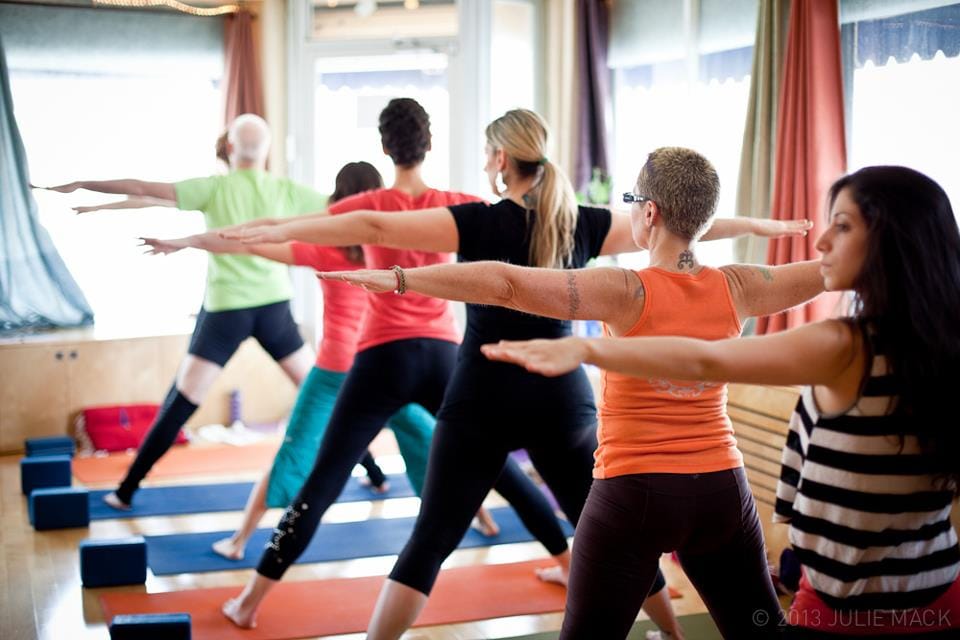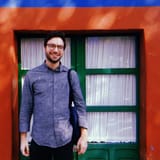Boutique Fitness Studios Fight to Be Included in City Reopening Plans


Restaurants can accept indoor diners starting today. The Barclays Center will reopen in less than two weeks. And large gyms have been open, albeit at a reduced capacity, since the fall.
But for boutique fitness centers around Brooklyn and across the city, there is no end in sight.
With coronavirus rates trending downward, Governor Andrew Cuomo is slowly allowing different sectors of the economy to reopen. But in New York City, small fitness centers are still prohibited from offering classes, leading to exasperation and anger from business owners who say the rules are misguided and unfair.
Now, nearly 80 such business owners, along with over a dozen elected officials and civic groups, have signed on to a letter by Brooklyn Borough President Eric Adams calling on Mayor Bill de Blasio to allow indoor fitness, dance, yoga and pilates studios to operate indoors at 25% capacity.
“If it has been deemed safe to eat and drink with no masks but with proper social distancing, it follows that exercising six feet apart while wearing a mask and observing all safety protocols should be as safe, if not more so,” the letter reads.
The letter was signed by several other city and state officials from Brooklyn, including Council Members Justin Brannan, Robert Cornegy, Farah Louis and Alan Maisel as well as State Senator Diane Savino and Assembly Member Peter Abbate. Four Brooklyn business improvement districts—Flatbush Avenue BID, Park Slope 5th Avenue BID, North Flatbush Avenue BID and Atlantic Avenue BID—also signed on.
Cuomo has permitted gyms and fitness centers across the state to operate since late August, initially at 33% capacity, now at a slightly lower 25%.
But Cuomo gave localities the ability to make their own decisions on when and how to reopen those sites, and though de Blasio allowed city gyms to open on September 2nd, he has not yet permitted classes with two or more people. That’s left the mostly small and midsize fitness centers that rely on such classes unable to generate enough revenue, even as monthly rent and other expenses pile up.
“That’s directly affecting not just their business but their personal lives,” said Charles Cassara from the United States Fitness Coalition (USFC), an industry group that represents about 2,000 fitness centers across the state. “A lot of these people have had to foreclose on their homes, try to take money out, or get loans with high interest rates.”
Nationwide, at least 15% of fitness clubs and studios have closed permanently.
Cassara’s group filed a lawsuit against the city in the fall in an attempt to overturn de Blasio’s decision, arguing that there is no evidence fitness classes are more likely to spread coronavirus than regular gyms. Such classes are occurring elsewhere in the state, and Cuomo has presented data showing that gyms and fitness centers account for only .06% of infections with a known source.
But the city has continued to defend the decision; at a press conference this week, health commissioner Dave Chokshi said it was “difficult to remain wearing one’s mask or face covering,” at such classes, and also said “it’s more likely for the mask or face covering to become wet or moist, which also makes them less effective.”
Fitness studio owners say that argument is ridiculous.
“There’s just not an understanding of what goes on in a group fitness class,” said Amanda Freeman, co-found of the Boutique Fitness Alliance and owner of SLT, a fitness studio chain with 26 locations, half of which are in New York State.
In SLT locations outside the city, where group classes are allowed, Freeman says she’s introduced strict safety protocols, including reduced class sizes, more frequent cleaning, machines spaced six feet apart, contract tracing and, of course, a mask requirement. USFC has also published safety guidelines for members to follow.
SLT’s nine locations in the five boroughs, meanwhile, have been limited to private sessions. Some, including a location in Park Slope, have simply remained closed entirely since the pandemic began nearly 11 months ago, forcing Freeman to lay off staff.
“They’ve been able to collect unemployment,” she said, “but they’ve all had to reevaluate their careers and futures and what’s important, and some have left the city.”
Freeman speculated that the city’s distinction between large gyms and boutique fitness centers might have more to do with who the fitness centers serve.
“I just believe there is some discrimination against us because we are largely women-owned and run, we employ a lot of women and our clientele is largely women,” she said.
Cassara also believes that the power and resources of larger corporate gyms, many of them members of the global industry group IHRSA, have given them the ability to shape reopening guidelines in their favor.
“Whereas the boutique fitness gyms are just sitting out here and we’re pushed to the side,” he said.
Whatever the city’s motivation, Adams and other elected officials say it’s time to change course.
“It is time for the City to treat these small businesses equally,” their letter concludes, “and to allow them the same chance at recovery as all the others.”




